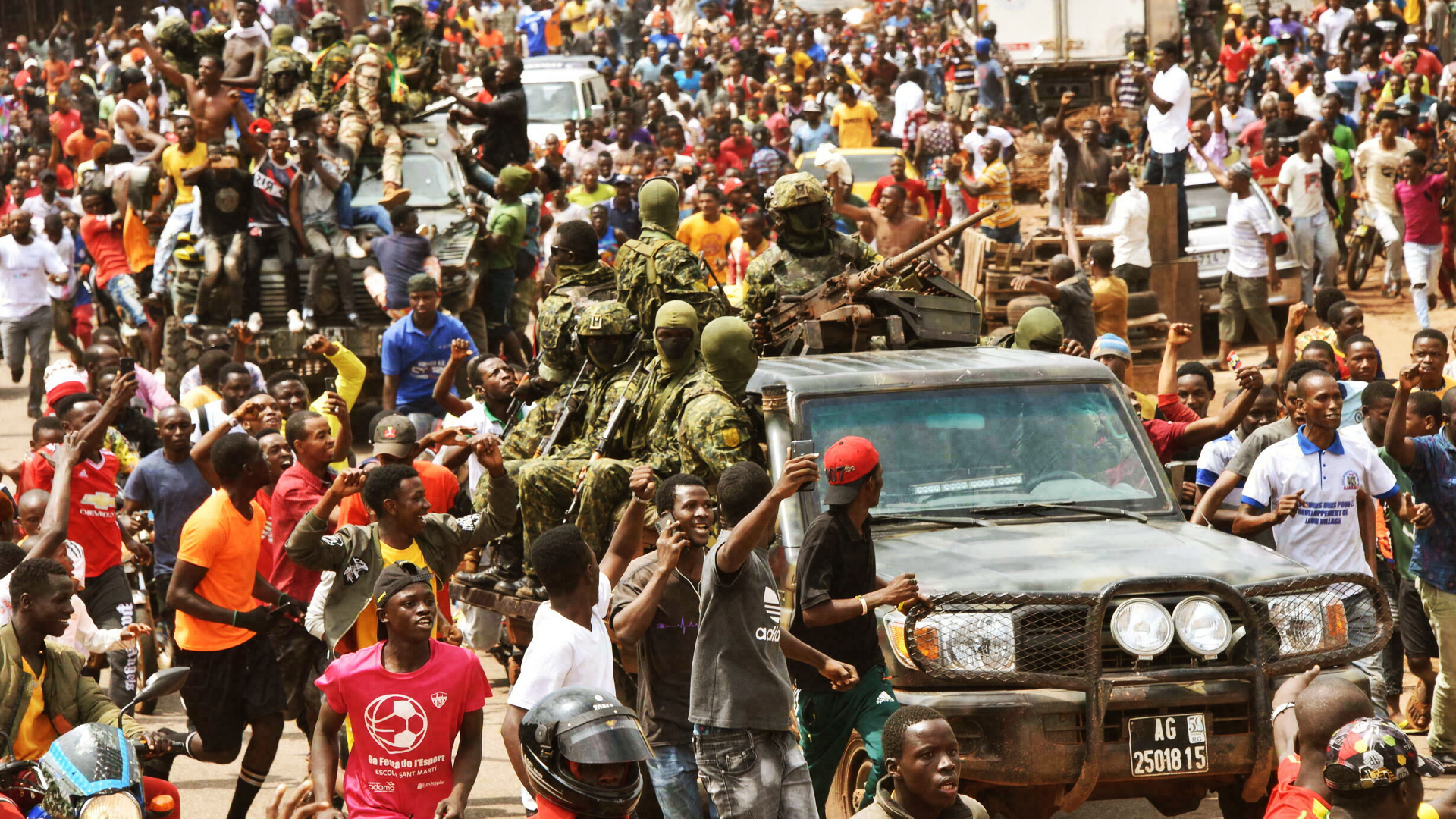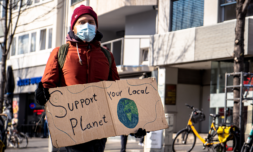In the last five years, ten of all eleven recorded global military coups were in Africa, potentially diminishing the effectiveness of democracy in the long-term.
Just this year alone, there have been successful military takeovers in Chad, Mali, Guinea, and most recently in East Africa, Sudan.
Africa’s democracy is being threatened by these ongoing coups, caused largely by less-then-stellar governance from democratically elected leaders.
After most African countries gained independence, military coups began to crop up as a result of political instability, poverty, and corruption. Coup leaders argued they were in favour of ‘restoring democracy to the people’ by any means necessary.
In 2017, Zimbabwean president Robert Mugabe was put under house arrest, impeached, and finally resigned after 37 years of ruling. The operation was led by the military who pointed to the shrinking economy and unprecedented poverty rates to justify their actions.
Mali has had two successful coups over the last two years. The vice president Colonel Assimi led the military in capturing the interim president Bah Ndaw and the acting prime minister Moctar Ouane.
This coup captured the attention of world leaders and international organizations. France halted its joint military operations with the Malian army but resumed in July this year. The Economic Community of West African States (ECOWAS) and the African Union (AU) suspended Mali and ordered for the immediate restoration of power.
The recent Guinea coup in September to overthrow president Alpha Conde was also successful. Military leader Mamady Doumbouya accused Conde of going against the constitution by running for a third term as president. Additionally, corruption and delayed infrastructure development slowed the country’s economic growth.




















